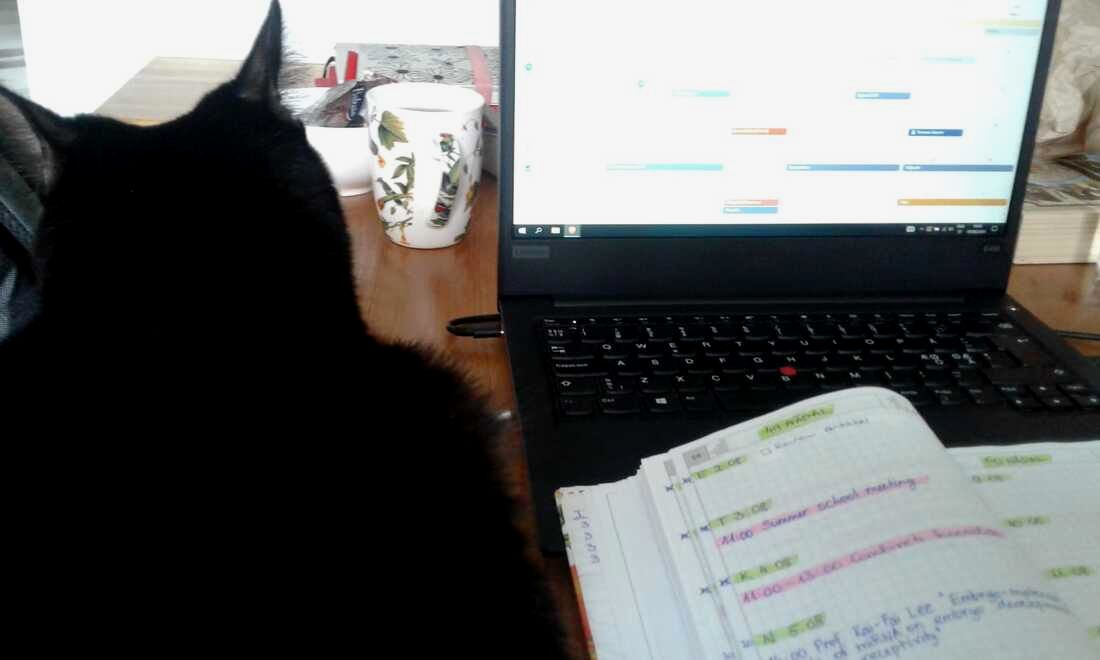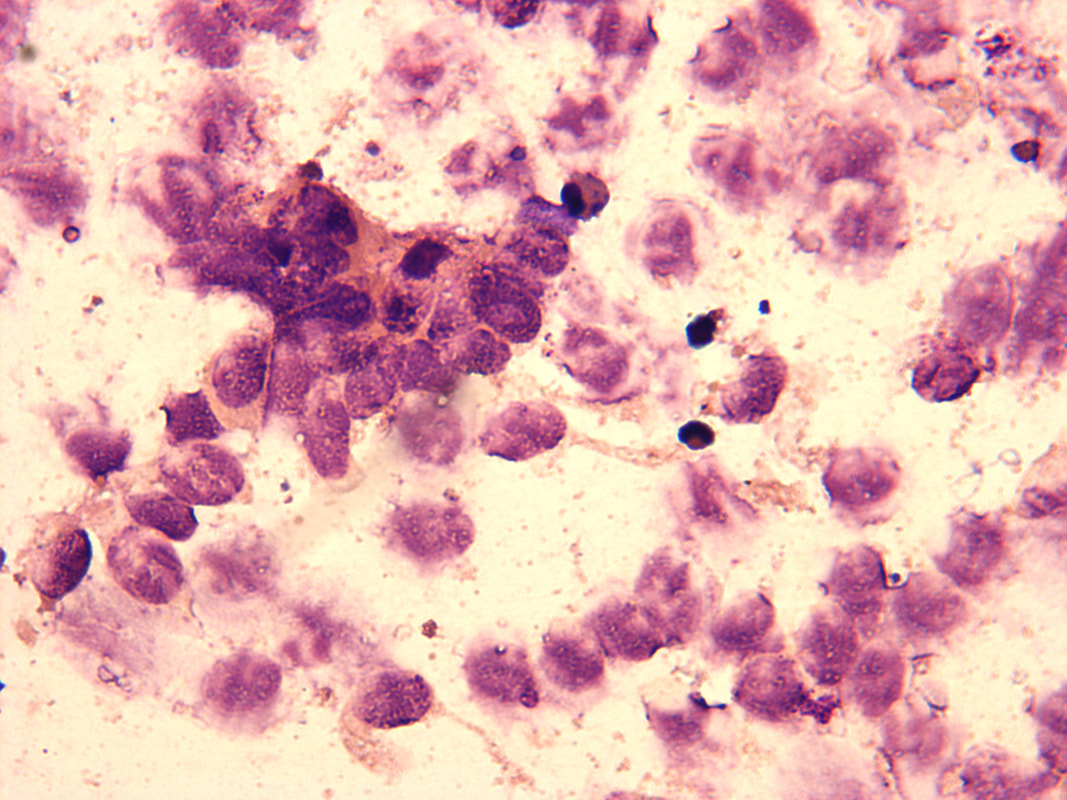COMBIVET |
MENU
|
ADDRESS
|
|
Estonian University of Life Sciences
Institute of Veterinary Medicine and Animal Sciences |
Kreutzwaldi 62,
Tartu 51006, tel/fax 7313 706 Estonia |




